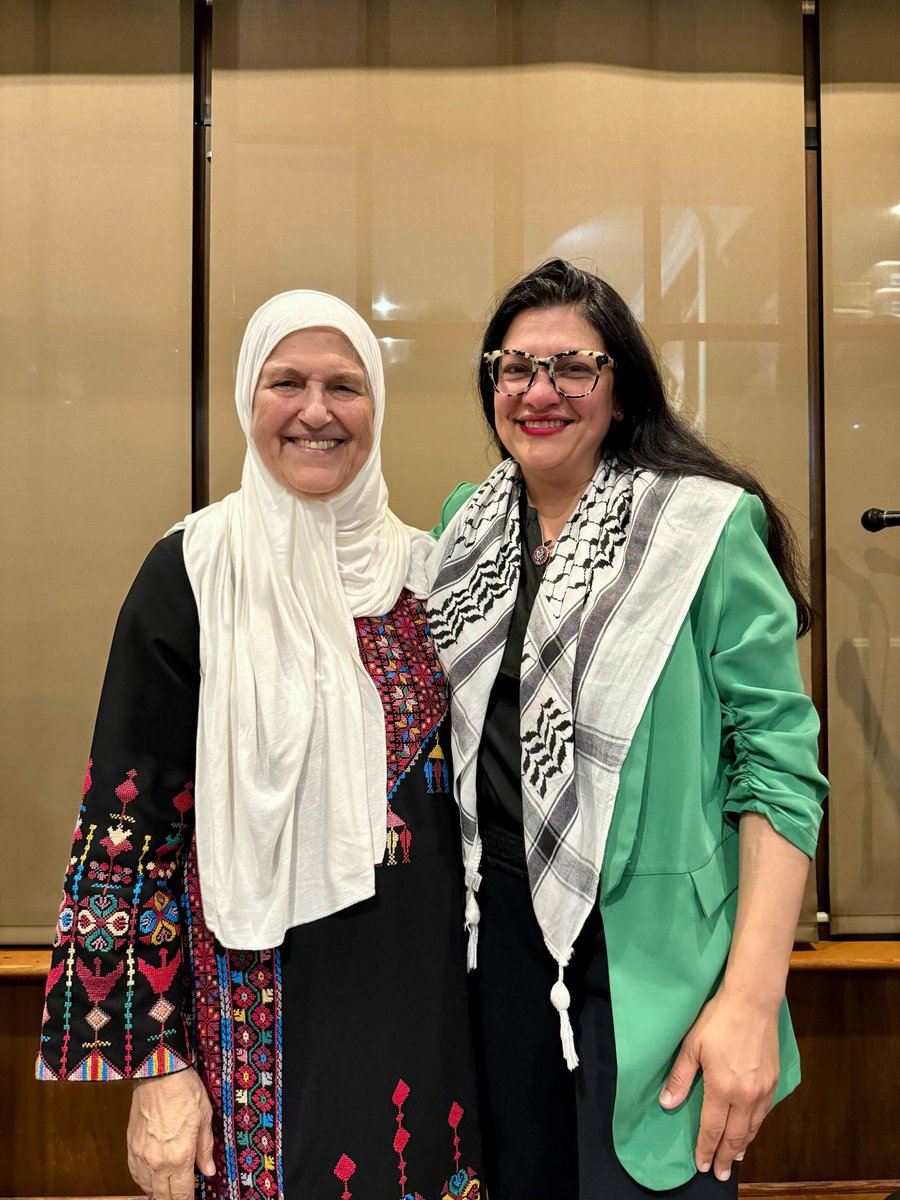The statement recounts the personal testimony of Khalto Safiya, a survivor of the Nakba, highlighting the violence, trauma, and loss she experienced in 1948. It also expresses a hope for a free Falastin, indicating a desire for resolution and peace.
- The statement does no harm and instead shares a personal historical account aimed at raising awareness and empathy. [+2]Principle 1:I will strive to do no harm with my words and actions.
- It respects the dignity of Khalto Safiya by sharing her story in a manner that honors her experiences and struggles. [+2]Principle 2:I will respect the privacy and dignity of others and will not engage in cyberbullying, harassment, or hate speech.
- The statement promotes understanding and compassion towards the experiences of Nakba survivors and the broader historical context. [+2]Principle 3:I will use my words and actions to promote understanding, empathy, and compassion.
- It engages in a dialogue about historical and ongoing issues, contributing constructively to the discourse on the Nakba and its implications. [+2]Principle 4:I will engage in constructive criticism and dialogue with those in disagreement and will not engage in personal attacks or ad hominem arguments.
- The statement uses its platform to advocate for societal betterment through historical recognition and the pursuit of peace. [+2]Principle 6:I will use my influence for the betterment of society.
